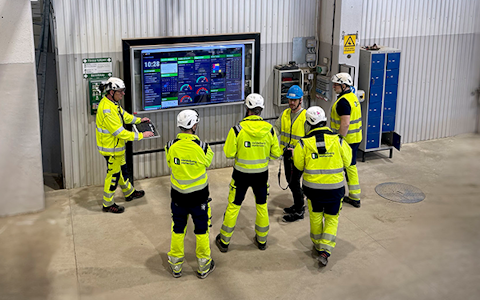
Digital dashboards that help you identify deviations and make the right decisions.
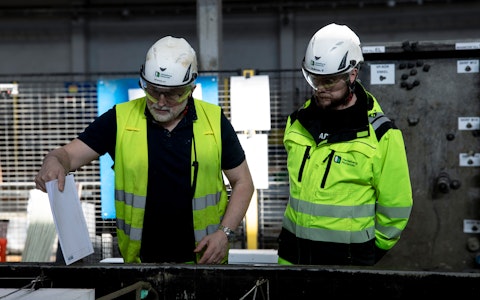
Capture your deviations and turn them into improvements
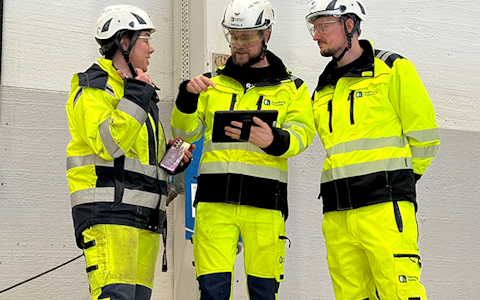
Continuous improvement, Kaizen boards, PDCA and other tools.
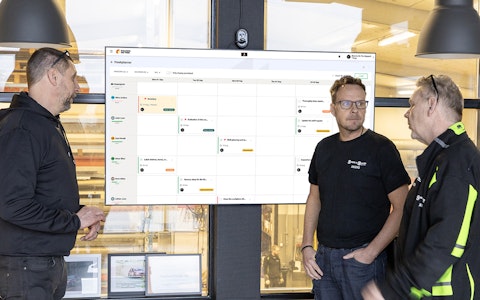
All your team’s tasks, neatly organized in one weekly view.
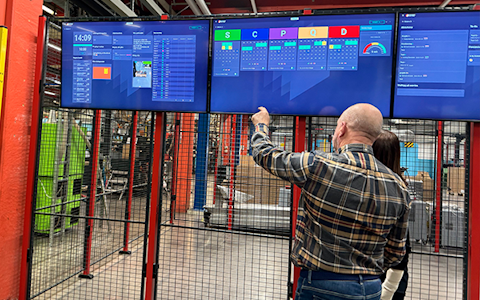
Improve key performance indicators within your specific focus areas with our SQCDP board.
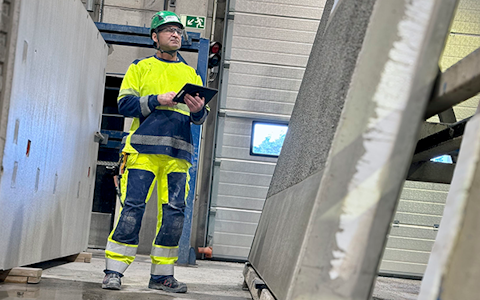
Use the PDCA cycle as a tool to improve both quality and processes
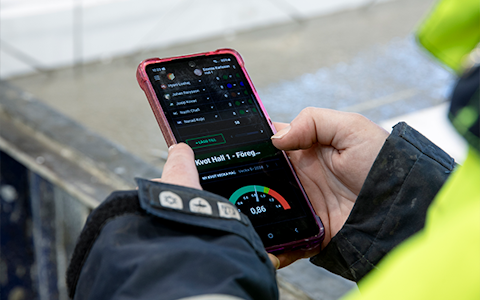
Digital tools for 5S work, recurring audits, and a well-organized workplace.
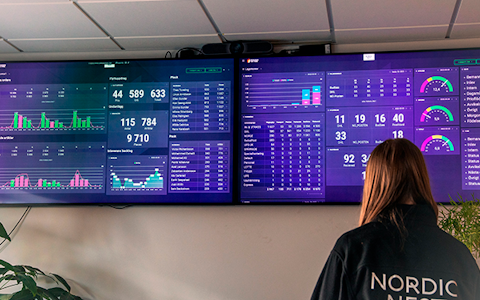
Visualize KPIs and communicate effectively throughout the entire organization.
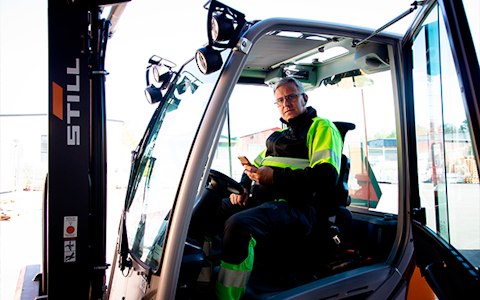
Basic project management and activity boards.
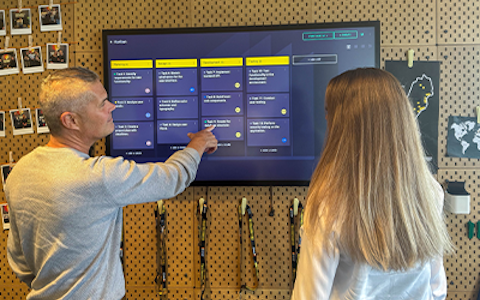
Kanban is a powerful method for visualizing, managing, and optimizing workflows.
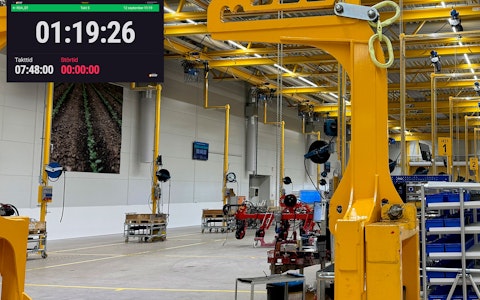
Digital dashboards for takt time flow with takt time counter and stop time log.
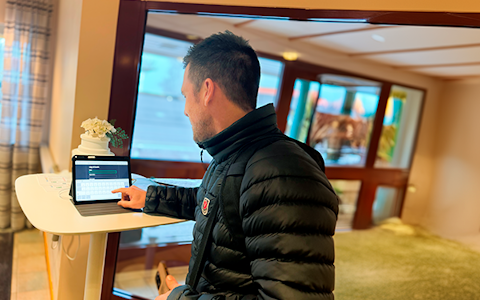
Digital visitor registration provides full control over all planned and executed visits to your business.
Holtab is one of the Nordic region's leading suppliers of solutions for power transmission with products such as substations, distribution stations, technology houses and low-voltage switchgear. Step by step, they have digitized the business with Boards on Fire. They visualize supply shortages and run daily management on several levels.
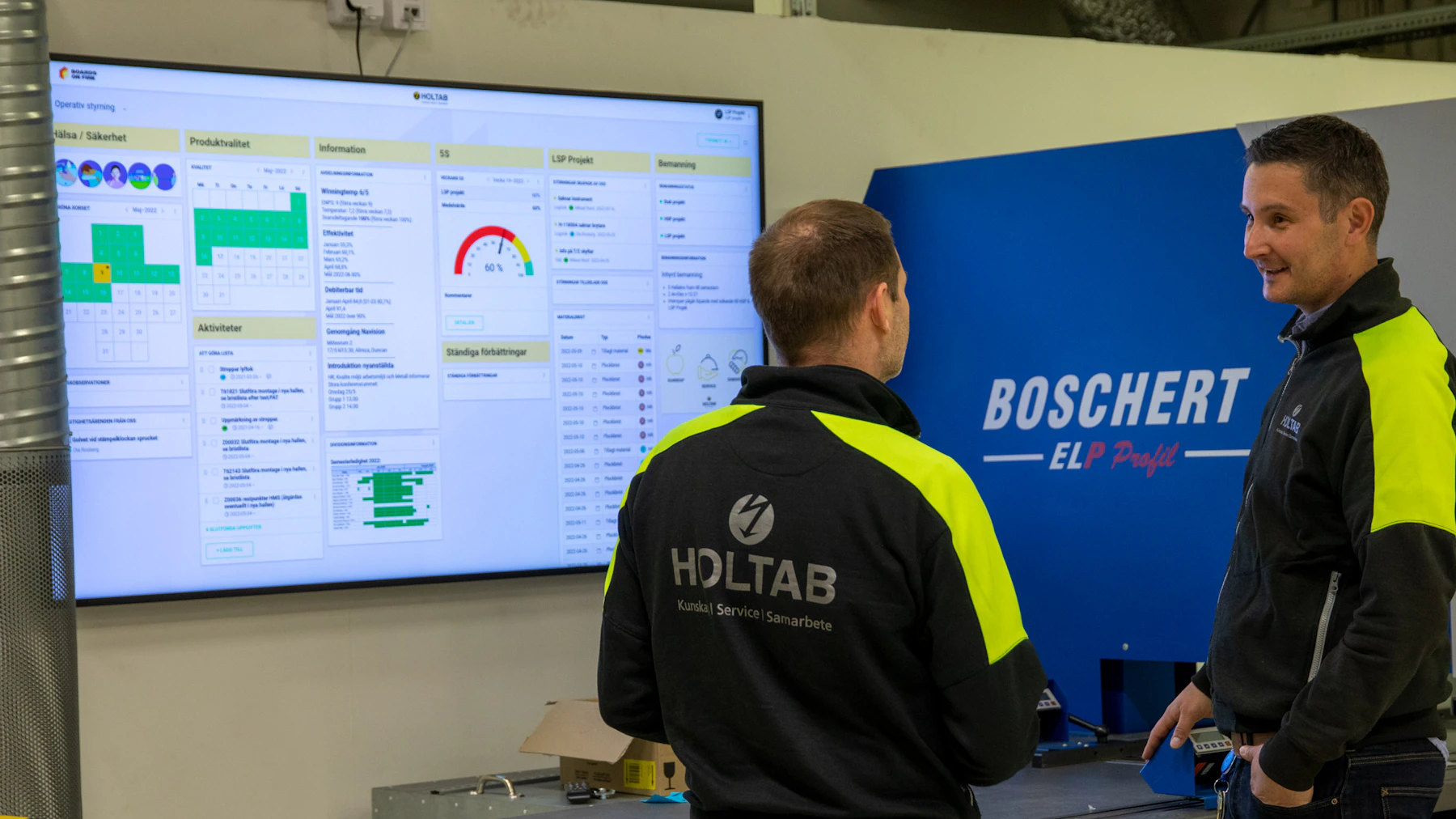
– We used whiteboards before and then it was a lot of manual work to write down all our activities. We lost time in the communication between purchasing and logistics and were locked into physical meetings at the board to share information. We thought that we must be able to do this digitally and that was when we came in contact with Boards on Fire, says logistics manager Dejan Golic.
– What Boards on Fire directly gave us was a visualization of our supply shortages. That information could be seen live by procurement and they could in turn directly provide us with the correct order number, which supplier and at what time the material is intended to arrive in our warehouse. Based on that, we were able to plan our work day and decide if it is a matter we need to escalate or if the planned delivery times hold.
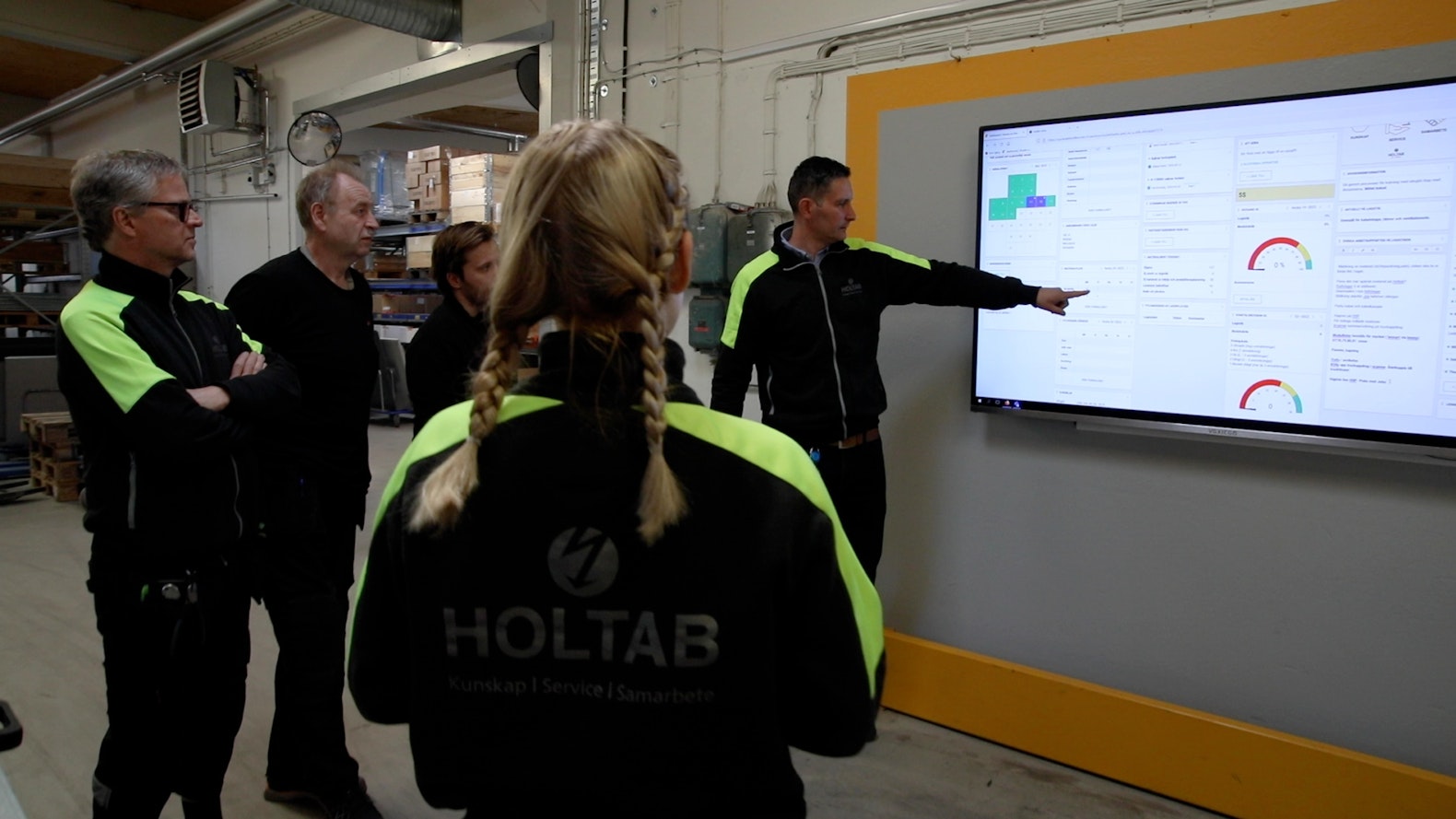
They started with the supply shortages, but quickly saw the benefits of visualizing more things. They added their daily management, which at Holtab is called Operational Steering. It is run in three steps every day. OPS 1 is operated by the various department heads. At OPS 2, the department heads for each area meet. And from there it goes on to OPS 3, which is at division level and only deals with matters that have been escalated from the levels below and on which they must act during the day.
– At OPS 1, we start with safety and go through if we have had any incidents or if everything is okay. Then we jump over to different activities, what deliveries we have for the day, what capacity we should have on our employees, how we are doing in the picking groups, what we should pick for the production units, what finished products should be delivered and so on. We also go through the attendance list and who is ill and we visualize the 5S work, says Dejan.
– First and foremost, it gives us efficiency and savings in time. We know what needs to be done and who should do it. We cut off unnecessary frustration that could previously arise when you wrote something down on a post-it, but then may have forgotten to pass on the information between the departments. With Boards on Fire, nothing falls between the chairs, it is a tool that we use all the time and can see the information on the screens on the production floor, at the computer, in our smartphones or tablets, says Dejan.
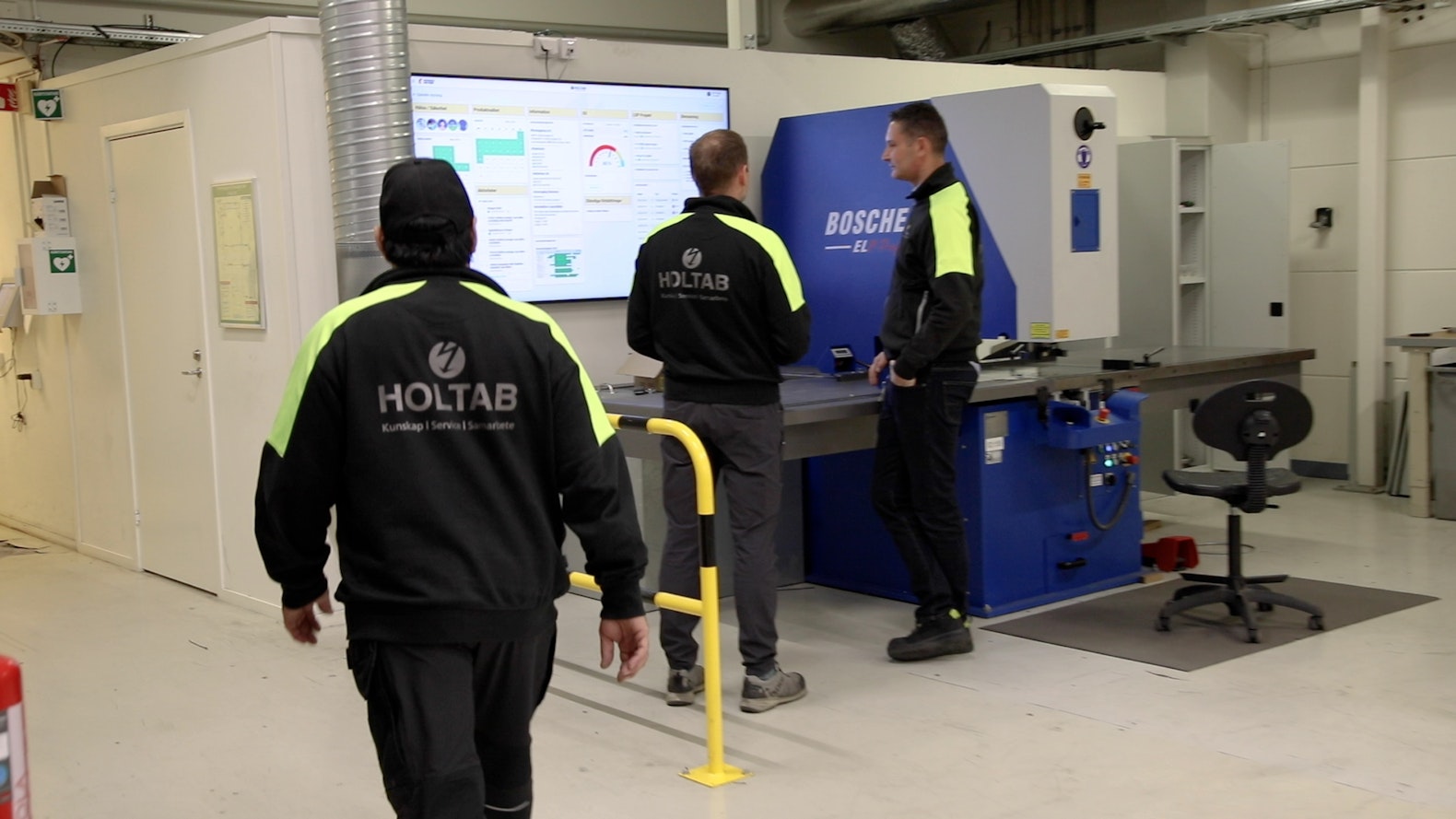
– The response has been very positive, our employees have been involved in designing what information the boards should contain based on what they need in their daily activities. There are a lot of opportunities to tailor the boards based on the needs you have. All our boards at Holtab have a common thread, but can look a little different depending on which group or department you are in.
– We get an overall picture and can move resources where they are best needed during the day. We see live updates when something changes on a board. A big advantage is that we can work from our respective workplaces and participate in OPS meetings without running between different places.
– When we started, we did not know exactly how we would design our boards and what information we wanted to add. Then we were advised to sketch out the first pieces of the puzzle and from there we have had close contact with Boards on Fire and taken step by step. They have shown us various examples of how other businesses work that gave us ideas for our boards.
– The next step is to connect our ERP with Boards on Fire so that we can automatically visualize certain reports. It is nice to see that everyone has realized that this digitalisation provides so many benefits and that it is something we must develop further with.


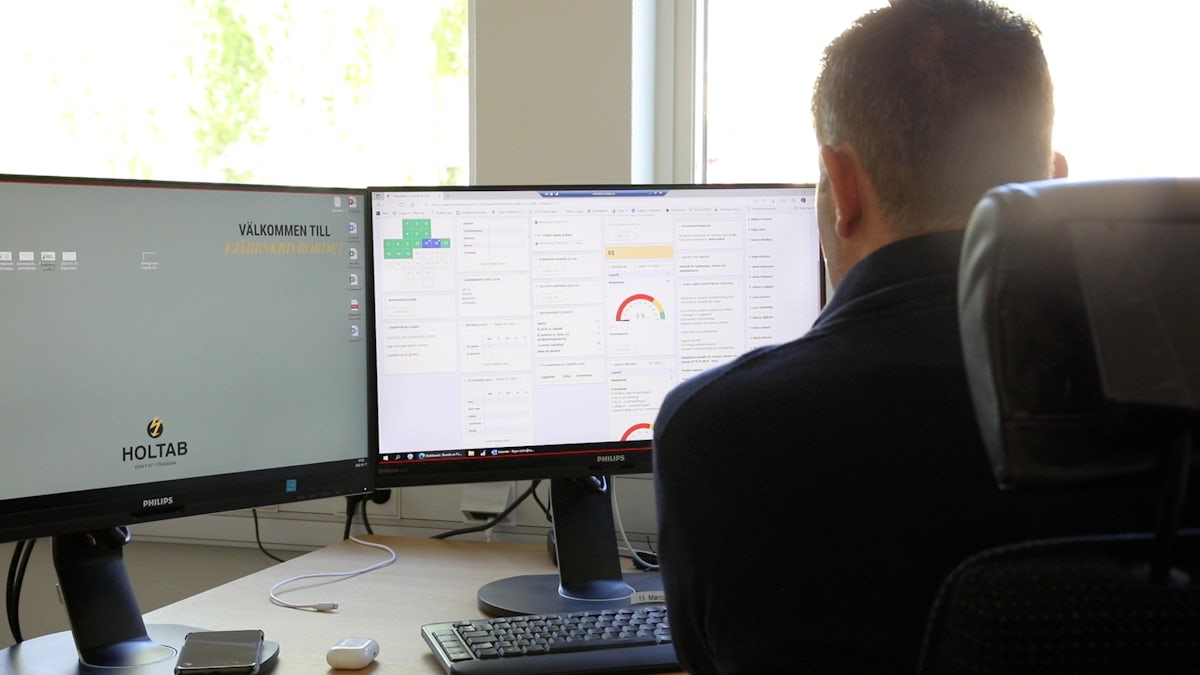
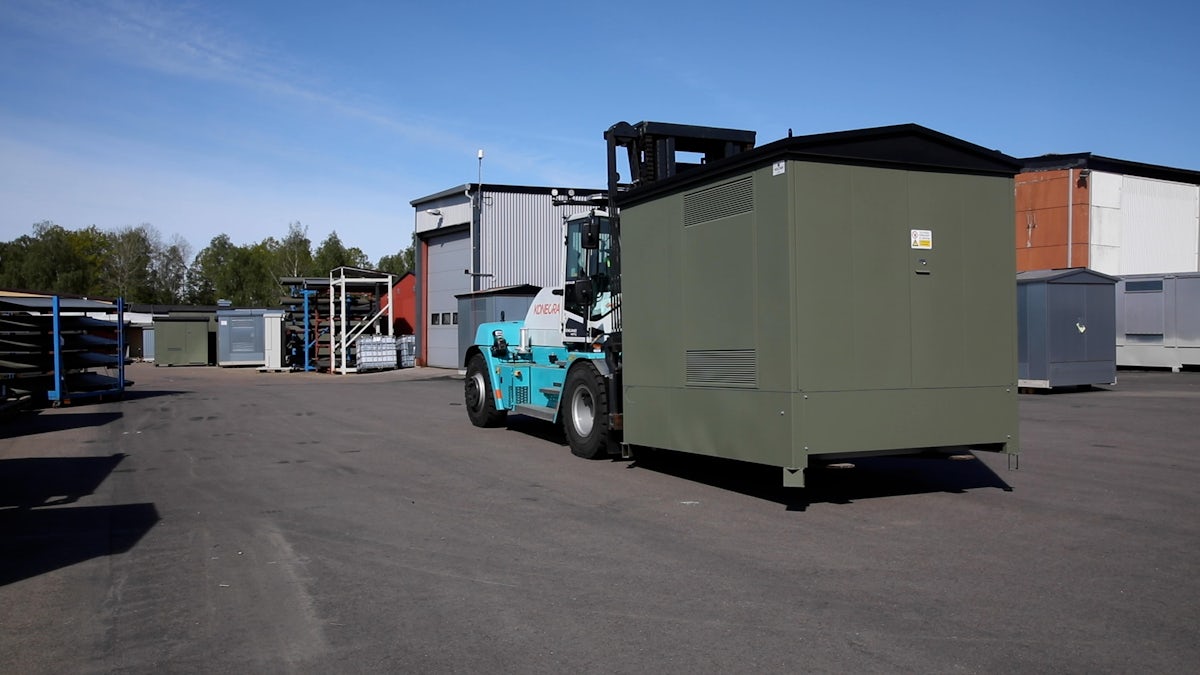
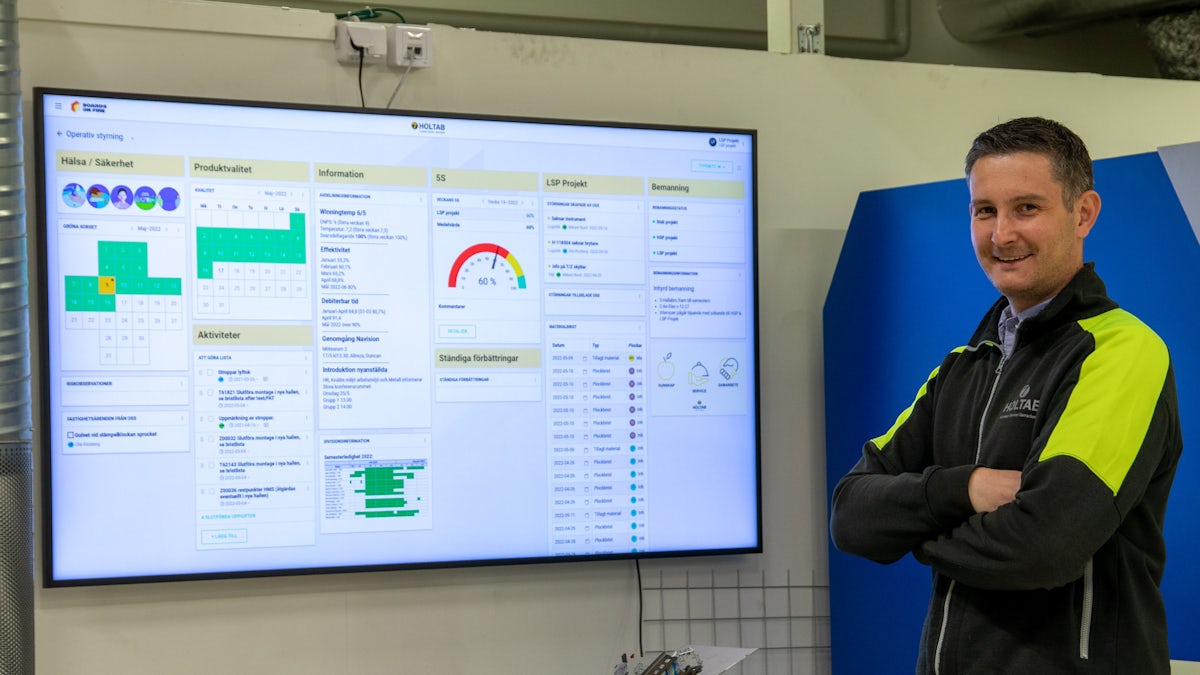
Free web demo